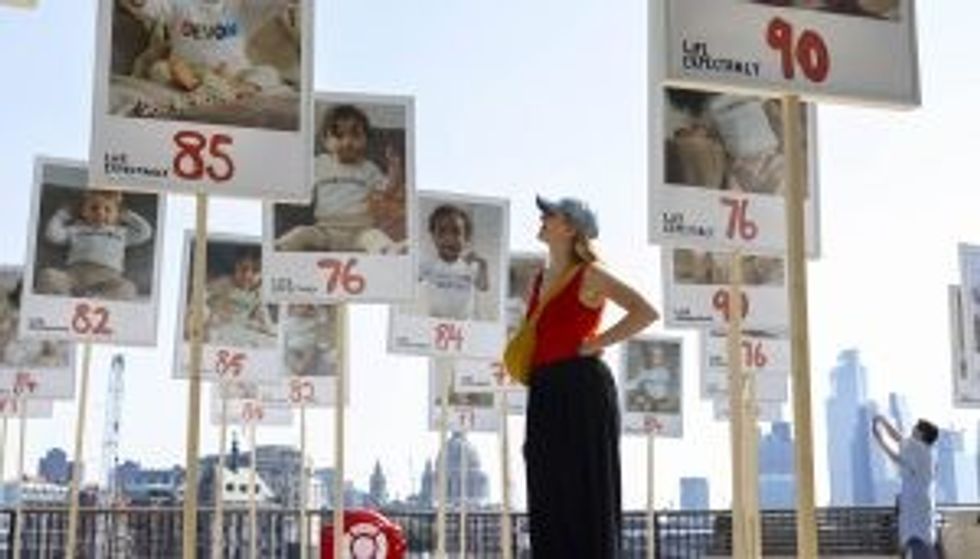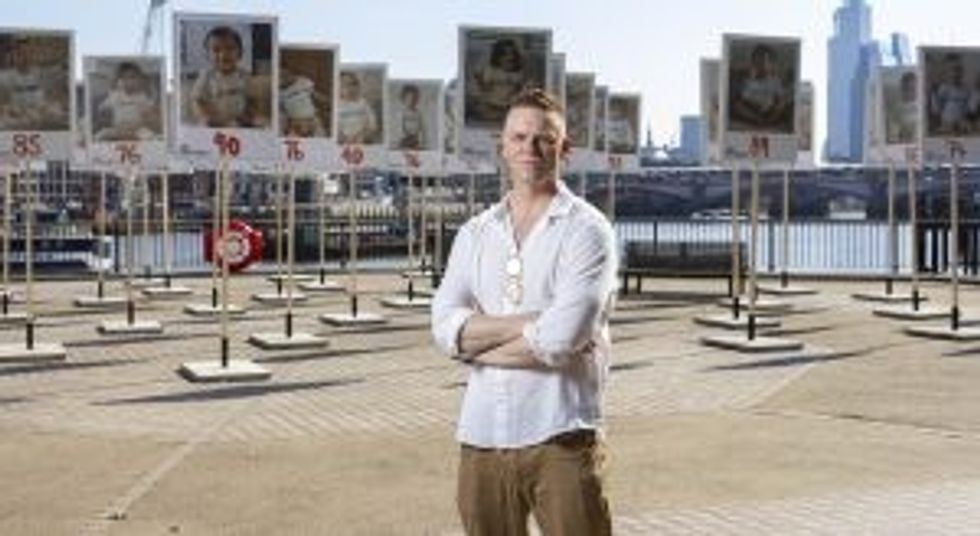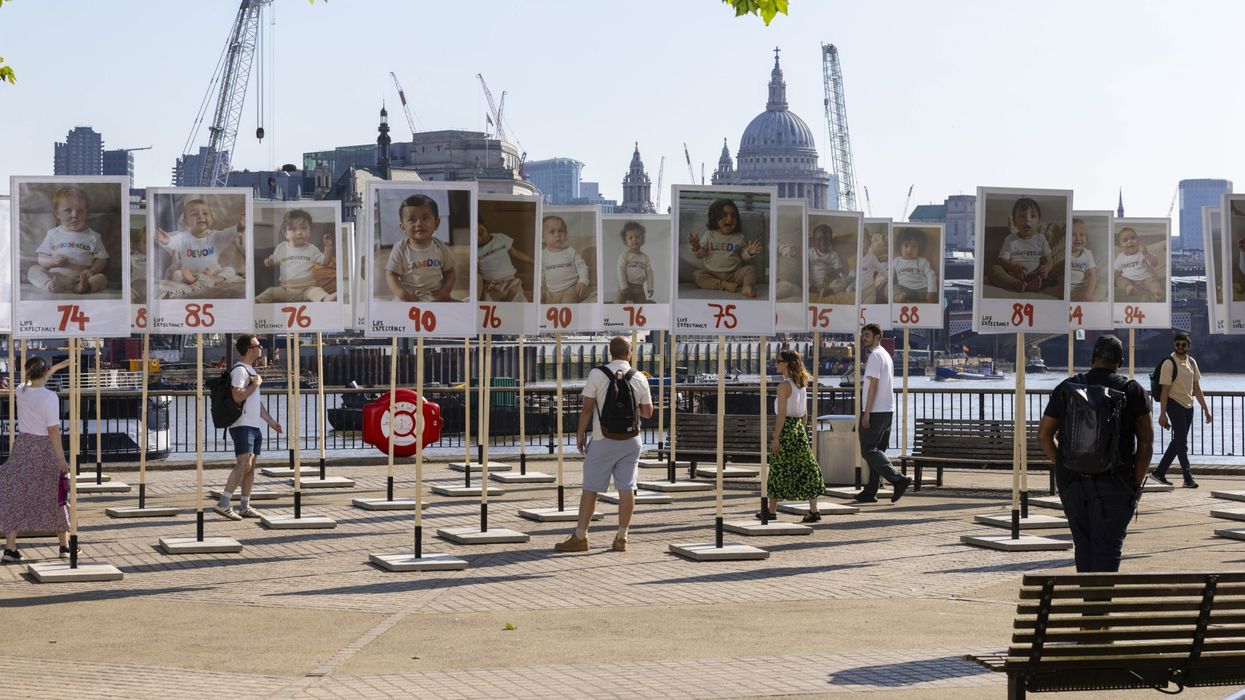Health Equals warns that health inequalities are worsening, emphasising that "where you’re born can cut your life short by as much as 16 years in the UK"
“Having access to things like stable jobs, clean air and safe housing should be a right not a privilege” said Darren McGarvey, author, musician and social commentator, who was supporting the Health Equals’ #MakeHealthEqual campaign at London’s Southbank.
Health Equals, a coalition of 27 organisations including Mind, the British Red Cross, Citizens Advice Bureau, Shelter, Crisis, and the Joseph Rowntree Foundation, launched the campaign today to highlight the scale of the current disparity in life expectancies.
They are urging the next government to address the “stark” health inequalities that are cutting thousands of lives short across the UK every year.
In what was dubbed the 'youngest ever protest,' the campaign featured images of 50 babies, representing the diverse life expectancies in towns and cities across the UK, crying out to be the first generation in the UK that won’t experience health inequalities.
“It’s scandalous that in the UK today where you’re born can cut your life short by as much as 16 years,” said Paul McDonald, chief campaigns officer, Health Equals.
McDonald highlighted that financial stability, access to warm and safe quality housing, stable jobs, and neighborhoods with green spaces and clean air are essential elements for good health, but they aren’t available to everyone.
He warned that too many parts of the UK are at risk of being ‘left behind’ without policies that support these building blocks of health and wellbeing.
“The time is now to call on the new government to Make Health Equal,” he added.

New research released today by Health Equals revealed that people in lower-paid jobs were most likely to report that their income and housing were negatively affecting their health.
Those in the lowest-skilled occupations were nearly 70 per cent more likely to say that housing is impacting their health, and nearly 50 per cent more likely to say that low income is impacting their health, compared to those in the highest-skilled occupations.
With just eight days remaining until the General Election, Health Equals is urging the incoming government to recognise the importance of the building blocks of health – stable jobs and pay, good quality and affordable homes, and neighbourhoods with green spaces and clean air – and to make them a focus across all government policies.
“I grew up in Glasgow in poverty and have first-hand experience of homelessness and addiction,” McGarvey said.
He expressed dismay over the fact that the fundamental building blocks to support people are still lacking.
“…Where you are born shouldn’t mean you could have a lower life expectancy in today’s society.”
“The work that Health Equals is doing is vital – having access to things like stable jobs, clean air and safe housing should be a right, not a privilege. The Government must make this a priority,” he noted.
He encouraged individuals to participate in driving change by signing the Health Equals’ petition (one can visit healthequals.org.uk to sign the petition) and calling on their parliamentary candidate to commit to tackling health inequalities.”

Health Equals' research also revealed that among the general public, low income (30 per cent) and unhealthy diets (30 per cent) are believed to have the most significant negative impact on our health.
Respondents identified access to healthy food (47 per cent), more affordable and quality housing (46 per cent), and improved air quality and access to nature/green spaces (39 per cent) as the top three priorities for the next government to take action on to improve health.
“The nation’s health will only improve when we have a plan to tackle poverty,” stated Frank Soodeen, Director of Communications and Public Engagement at the Joseph Rowntree Foundation.
“The health divide in this country is cutting the lives of the poorest short. Just as a stable income is a building block of good health, a life spent living in poverty is extremely detrimental to one’s health.
“From making decisions on what food to buy to the homes people can afford to live in, poverty can and does lead to life-shortening health outcomes.”













